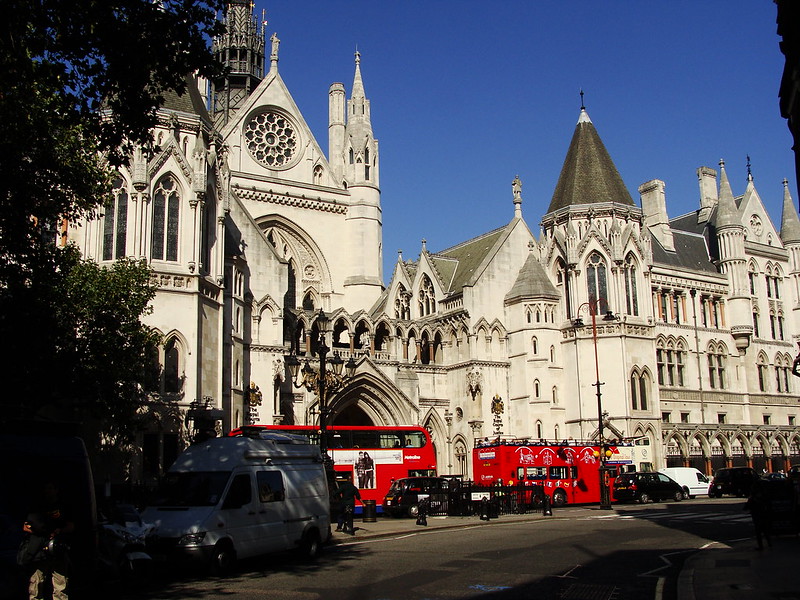
09 Jul Afghan Protection Schemes: Successful High Court Challenge to ‘Triples Review’ Secrecy
The High Court has given an important judgment regarding applications for protection under the Afghan Relocations and Assistance Policy (“ARAP”). In particular, those made by members of Afghan ‘Triples’ forces: elite Afghan regiments funded, equipped and trained by the UK and working alongside UK Special Forces.
In the case of TPL1, the court examined the operation of the ‘Triples Review’: the UK government process of re-assessing its previous blanket refusals of ARAP applications made by members of the Triples. The High Court has ruled that the Triples Review was operating unlawfully in important respects and that, as a result, the Ministry of Defence must:
(a) publish details of the scope of the ‘Triples Review’ so that members of the Triples units who have applied under ARAP can understand whether they fall within it; and
(b) publish the key criteria being applied in those decisions.
The Ministry of Defence also agreed in the run-up to the recent three-day hearing to (c) notify all Triples Review ARAP applicants of the ARAP decisions in their cases (its policy had been only to notify successful applicants).
As a result of this case, thousands of Afghan members of the Triples units will be told of the decisions in their cases and be in a position to challenge them if required.
Transparency is essential in this case: the ‘Triples Review’ was set up by the government in February 2024 as a response to serious concerns that UK Special Forces had improperly rejected all of the ARAP protection applications made by members of the Triples despite their uniquely close working relationship. Press reports have highlighted the appearance of bias and conflict of interest involved in UKSF blocking applications for protection made by members of the Triples – known to have raised concerns about the nature of UKSF operations – when UKSF were facing allegations of war crimes that are the subject of the Independent Inquiry Relating to Afghanistan.
The case was brought by a senior Triples officer in the UK who has spent many years lobbying for UK protection for his fellow Triples.
The UK government now has 21 days to implement the Court’s ruling, as a result of which, Triples will now have a fair opportunity to challenge any refusal of their protection applications. Several reports have highlighted the risks to life faced by the Triples while they have awaited these decisions since their applications in 2021.
The judgment has been reported here: https://www.independent.co.uk/news/uk/home-news/afghan-special-forces-defence-resettlement-b2784805.html.
The Claimant was represented by Dan Carey and Cat Dowle of DPG, instructing Tom de la Mare KC of Blackstone Chambers and Emma Foubister of Matrix Chambers.
Further information about the Triples Review can be found here: https://dpglaw.co.uk/afghan-relocations-and-assistance-policy-the-triples-review-litigation-update/
Further Press Reporting
BBC, Special Forces rejected 2,000 credible asylum claims from Afghan commandos, MoD confirms, 17 February 2025
BBC, Top UK Special Forces general oversaw blocking of Afghan ‘war-crime’ witnesses to Britain, 12 May 2025
BBC, Special Forces officer blocked 1,585 Afghans from UK, 23 May 2025
Independent, Process for allowing Afghan troops to UK ‘a disaster area’ that could be likened to ‘a crime scene’, court hears, 22 May 2025
Independent, UK officer who oversaw rejections of Afghan asylum claims could be linked to war crimes inquiry, High Court hears, 22 May 2025
Daily Mail, SAS officer ‘blocked bid by Afghan troops to come to UK because they may have witnessed war crimes’, 24 May 2025
Observer, Triple jeopardy: the betrayal of Afghanistan’s finest, 25 May 2025
